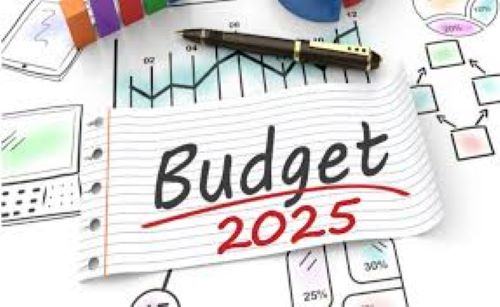The Federal Government has proposed a total expenditure of N47.9 trillion for the 2025 budget, according to the Minister of Budget and Economic Planning, Atiku Bagudu. Bagudu shared the details with journalists on Thursday after the Federal Executive Council (FEC) meeting, presided over by President Bola Tinubu.
This budget proposal is part of the government’s Medium Term Expenditure Framework (MTEF) and Fiscal Strategy Paper for the period 2025-2027, aligning with the Fiscal Responsibility Act of 2007. The framework provides projections and guidelines for Nigeria’s fiscal and economic direction, ensuring a stable and transparent planning process for government expenditure. The MTEF and Fiscal Strategy Paper are expected to be submitted to the National Assembly either on Friday or Monday for legislative consideration.
Key economic projections within this framework include a Gross Domestic Product (GDP) growth rate of 4.6%, an exchange rate assumption of $75 to the Naira, and a targeted oil production level of 2.06 million barrels per day. The proposed GDP growth rate indicates the government’s optimism in strengthening economic recovery efforts through investments, job creation, and enhanced revenue generation.
The framework also reflects Nigeria’s commitment to improving infrastructure and social services, aiming to address persistent challenges such as high inflation, exchange rate stability, and public debt management. The budget includes significant allocations for key sectors, particularly healthcare, education, infrastructure, and national security, indicating a strategic focus on economic growth and poverty alleviation.
Bagudu highlighted that the fiscal strategy also emphasizes revenue generation and cost-cutting measures to maintain fiscal balance, given Nigeria’s current debt obligations and the need for sustainable economic policies.
The proposed N47.9 trillion expenditure underscores the government’s ambitious agenda for national development, to achieve both short-term and long-term economic stability. The framework, once approved by the National Assembly, will serve as a roadmap for government expenditure and resource allocation over the next three years.


